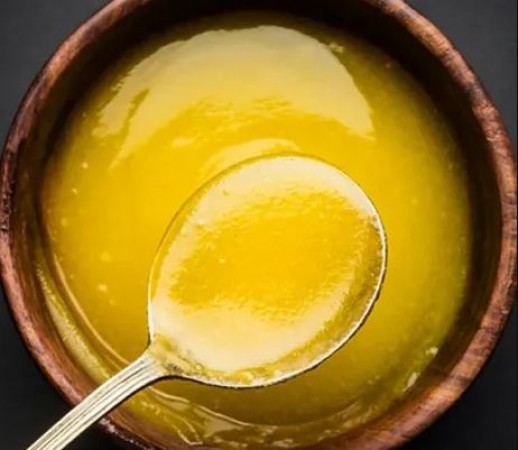
Desi ghee, or clarified butter, has long been a staple in traditional Indian cuisine and Ayurvedic medicine. It is renowned for its rich flavor and numerous health benefits. However, it's important to recognize that while ghee offers various advantages, it may not be suitable for everyone. This article delves into the advantages and precautions of incorporating desi ghee into your diet.
The Health Benefits of Desi Ghee
Digestive Aid
Desi ghee is often praised for its ability to alleviate constipation and aid in digestion. It contains butyric acid, which promotes a healthy gut by nourishing the cells of the intestinal lining. This can help alleviate digestive issues and promote regular bowel movements. However, if you have a sensitive stomach or poor digestion, it's crucial to monitor your ghee intake as excessive consumption might lead to discomfort.
Joint Pain Relief
Ghee contains essential fatty acids that possess anti-inflammatory properties. These properties can be beneficial for individuals suffering from joint pain, arthritis, or inflammation-related conditions. Including moderate amounts of ghee in your diet may help reduce joint discomfort and improve mobility.
Nutrient-Rich
Desi ghee is a source of essential fat-soluble vitamins such as A, D, E, and K. These vitamins play a crucial role in various bodily functions, including immune support, bone health, and skin maintenance. Consuming ghee in moderation can contribute to your overall nutrient intake.
Enhanced Flavor and Aroma
Beyond its health benefits, ghee is renowned for enhancing the flavor and aroma of dishes. Its rich, nutty taste adds depth to a wide range of culinary creations, making it a favorite among chefs and home cooks alike.
Precautions When Consuming Desi Ghee
Poor Digestion
While ghee can aid digestion for many, it may not be suitable for those with digestive issues or slow metabolism. If you experience discomfort or bloating after consuming ghee, it's advisable to limit or avoid its consumption until your digestive system improves.
Fatty Liver or Liver Cirrhosis
Individuals suffering from non-alcoholic fatty liver disease or liver cirrhosis should exercise caution when consuming ghee. Ghee can exacerbate liver problems and should be avoided or consumed in minimal quantities under medical supervision.
Respiratory Illness
During episodes of respiratory illnesses like colds, coughs, or seasonal flu, it's best to avoid ghee. Ghee can contribute to the accumulation of mucus and worsen respiratory symptoms, particularly when experiencing excess phlegm.
High Blood Pressure
People with hypertension (high blood pressure) should be mindful of their ghee intake. While ghee is considered a healthy fat, excessive consumption can contribute to the narrowing of blood vessels, potentially increasing the risk of heart issues. It's advisable for individuals with high blood pressure to consume ghee in moderation and consult a healthcare professional if necessary.
Desi ghee offers a multitude of health benefits, ranging from aiding digestion to providing essential nutrients. However, it is not a one-size-fits-all solution, and individuals with specific health conditions should exercise caution or limit their consumption. As with any dietary choice, moderation and awareness of your body's response are key. If you have underlying health concerns, consult with a healthcare professional or a registered dietitian to determine the most appropriate approach to incorporating desi ghee into your diet.
Tight High-Waist Jeans Can Compromise Your Health: Know the Side Effects
How Prolonged Sitting for Over 10 Hours a Day May Increase the Risk of Dementia
What's the Secrets of Vibrant Menopause: What Women Should Eat and Avoid